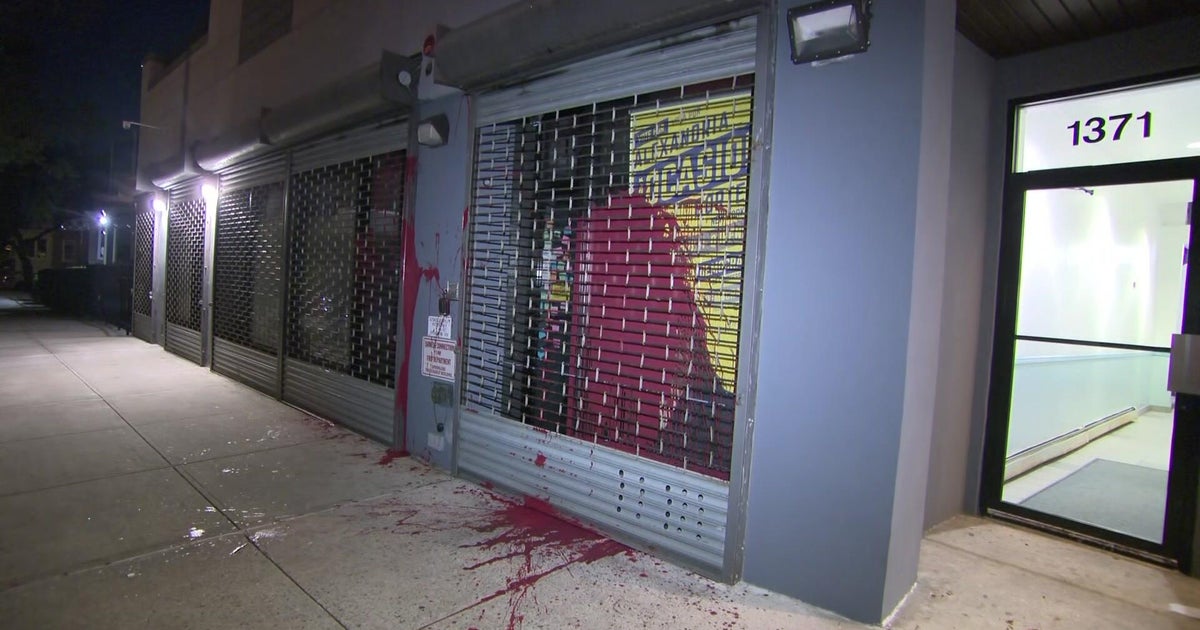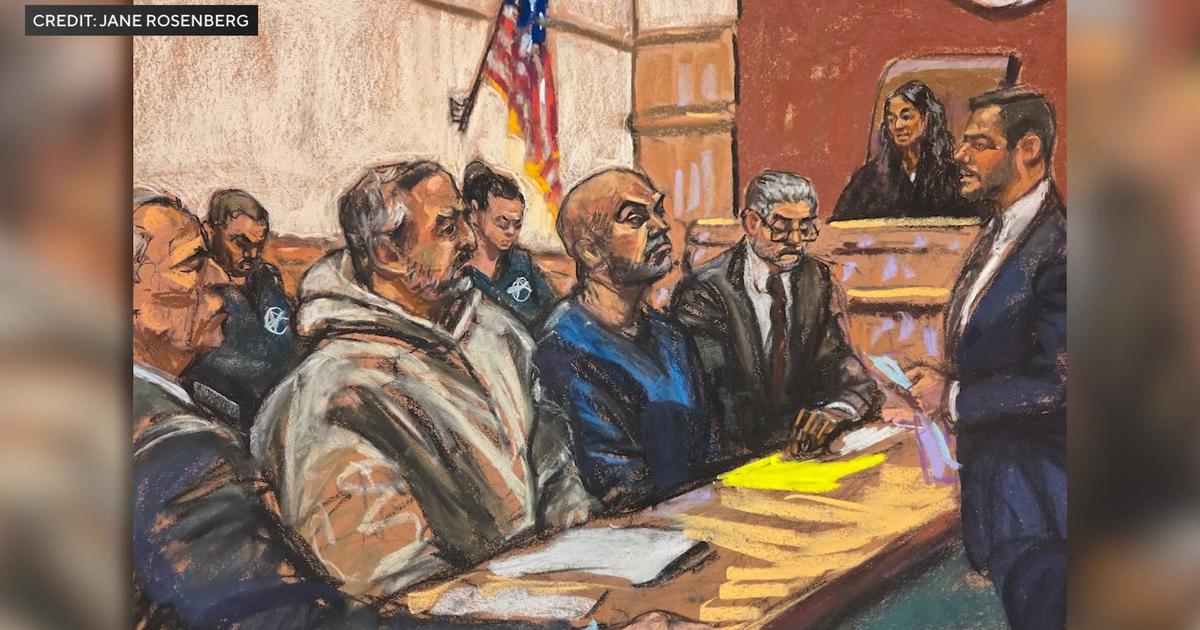NYC carriage horse handler testifies abuse allegation "sounds ridiculous to me"
Did a carriage horse that collapsed in Hell's Kitchen trip and fall or was he overdriven? That's what jurors must now decide in the animal cruelty trial of his handler.
Video went viral of Ian McKeever's carriage horse, named Ryder, on the ground at 45th Street and Ninth Avenue in Manhattan on Aug. 10, 2022.
Both sides gave closing arguments Friday afternoon, and Friday morning McKeever took the stand in his own defense.
McKeever, 57, is accused of overdriving, torturing and injuring animals. He has pleaded not guilty.
His testimony came a day after the prosecution rested its case.
McKeever's testimony
McKeever testified he came to the U.S. from Ireland in 1985 on a basketball scholarship and worked various jobs before he started working with carriage horses in 1987-88. His license has been renewed every two years and has never been revoked, nor has his renewal application ever been rejected, he testified.
McKeever said he grew up with horses on his farm in Ireland.
"Never been accused of abusing a horse. That sounds ridiculous to me, I'll be honest with you," McKeever testified.
McKeever testified that Ryder was owned by his brother and that Ryder and another horse named Blackjack would alternate workdays, giving the other time to rest in the stable.
McKeever testified that he thought Ryder was skinnier than he should have been, but noted that it's not unusual for a horse to lose weight when it's initially brought to New York City - Ryder was purchased in Pennsylvania - and it can take months to regain the weight. Ryder had only been in New York for three months, McKeever testified, and he gave the horse vitamins.
He testified that carriage horses don't work when it's 90 degrees or higher, or 18 degrees or lower. McKeever said the carriage horse industry is highly regulated and that owners are interested in protecting their horses.
Ryder's fall
McKeever said "it was actually a very slow day" the day Ryder collapsed, with the horse completing two rides. He said the animal seemed fine that day. He testified that Ryder tripped and fell when he was changing lanes on Ninth Avenue. McKeever said that during the course of his career, he's seen horses fall some 25-30 times.
McKeever said he slapped Ryder's bottom and yanked his bridle to encourage him to stand. A person brought Ryder some water, but the horse wasn't interested and kicked it away, McKeever said. He testified that if a horse is down too long it can lose circulation and die on the spot, so his job is to get the horse up and standing quickly.
Prosecutors asked if McKeever yelled at Ryder that day.
"That is ridiculous, in my estimation," McKeever said.
McKeever testified when returned to the stable, he had a vet brought in to check Ryder out. McKeever testified he stayed in the stable with Ryder for five hours after the incident.
McKeever testified it was the first time he'd seen Ryder fall.
"I felt kind of - I felt bad for the horse, I'll be honest," McKeever testified. "I don't feel good about it."
McKeever said he's only seen a horse overheat once or twice during his 40 years of working with them.
"Of course most important thing in my possession is the horse. His health and his care is the most important thing to me," McKeever testified.
The defense rested when McKeever's testimony concluded.
Ryder "never should have been working on that day," vet says
Prosecutors claim Ryder collapsed after working a full day in 84-degree weather. They say that after the horse collapsed, McKeever tried to force Ryder to stand, didn't offer him water and ignored signs Ryder was in distress.
Prosecutors pointed to pictures taken in the middle of the day by a witness in Central Park who claimed McKeever yelled at Ryder, and the horse was sweating panting and struggling to move.
"He looked emaciated. Nearly all his ribs were visible," prosecutors argued.
Ryder "never should have been working on that day," a forensic veterinarian testified. The vet had examined Ryder nearly two months after the fall.
Ryder was euthanized in October of that year. A necropsy revealed cancer in several of Ryder's organs and a final diagnosis of T-cell leukemia.
The leukemia and its effects likely contributed to Ryder's collapse, the vet testified. The vet added a long day in the heat and Ryder not having enough muscle and fat also contributed, saying the horse "was pushed beyond his limit."
"Nobody could have known that he had cancer. He continued to decline for another two months after this happened. This was the indication the horse had a problem," Christina Hansen of TWU Local 100 said.
The defense argued McKeever did everything by the book to get Ryder up quickly, which Hansen agrees with.
"When they're on their side that creates difficulty. Difficulty breathing, with their circulation. It gets increasingly harder for the horse to get up," Hansen said.
Prosecutors also questioned how a man with so much experience didn't realize the horse was much older than the 13 years it was billed as. Ryder was 26.
The judge will charge the jury and deliberations will begin Monday.
If convicted, McKeever faces up to one year behind bars.





